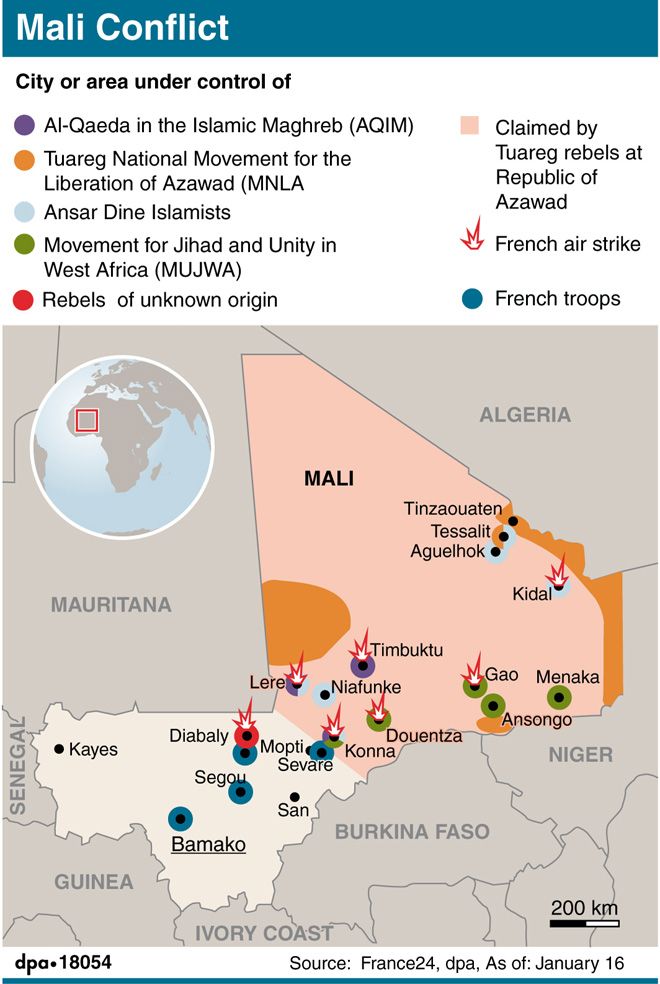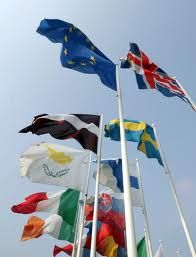The Big Three elections that are taking place this weekend in Egypt, France and Greece. The outcome of these elections will not only effect the people of those countries but will have global impact as well.
 In Egypt, the second day of voting for president is expected to be heavier than yesterday. Many Egyptians, not trusting the safety of their ballots held overnight, decided to hold off and vote today. Their choices are between between a conservative Islamist, Mohamed Morsi, the candidate of the Muslim Brotherhood and Hosni Mubarak’s former prime minister and long time friend, Ahmed Shafiq.
In Egypt, the second day of voting for president is expected to be heavier than yesterday. Many Egyptians, not trusting the safety of their ballots held overnight, decided to hold off and vote today. Their choices are between between a conservative Islamist, Mohamed Morsi, the candidate of the Muslim Brotherhood and Hosni Mubarak’s former prime minister and long time friend, Ahmed Shafiq.
The prevailing mood among voters was one of deep anxiety over the future, tinged with bitterness that their revolution had stalled. Moreover, there was a sense of voting fatigue, and fears that no matter who won, street protests would erupt again.
Egyptians have gone to the polls multiple times since Mubarak’s fall on 11 February 2011: a referendum early last year, then three months of multi-round parliamentary elections that began in November, and the first round of presidential elections last month. [..]
The election is supposed to be the last stop in a turbulent transition overseen by the military generals. But even if they nominally hand over some powers to the winner, they will still hold the upper hand over the next president.
The generals are likely to issue an interim constitution defining the president’s authority while they retain their hold on legislative powers, and they will probably appoint a panel to write the permanent constitution.
Since the Mubarak packed Egyptian Supreme Court declared the parliamentary elections unconstitutional and dissolved parliament, the military has imposed martial law. Without a parliament, military council and the new president will get to write the constitution. This is not what the Egyptian people took to the streets planned or want. As Egyptian activist Mona Eltahawy said on Twitter: the choice is between the fascists with guns or the fascist with god.
 In France, parliamentary elections are today. French citizens living outside France voted yesterday at consulates around the world. These elections will determine how much clout newly elected President François Hollande’s socialist government will have to get France and Europe out of the economic doldrums with a stimulus package from the EU. Much depends on German Chancellor Angela Merkel and just how much she will budge. So far, despite her party’s losses in state elections, it looks like she has dug her heels in forcing unwanted, and admittedly counterproductive, austerity measures on everyone.
In France, parliamentary elections are today. French citizens living outside France voted yesterday at consulates around the world. These elections will determine how much clout newly elected President François Hollande’s socialist government will have to get France and Europe out of the economic doldrums with a stimulus package from the EU. Much depends on German Chancellor Angela Merkel and just how much she will budge. So far, despite her party’s losses in state elections, it looks like she has dug her heels in forcing unwanted, and admittedly counterproductive, austerity measures on everyone.
The Socialists need 289 MPs in the 577-seat house for an absolute majority, which would allow Hollande to implement his manifesto with relative ease. The broad French left dominated the first-round vote on 10 June, and polls suggest a Socialist absolute majority is possible, though not a certainty.
Even if Hollande’s party does not quite win a majority alone, it looks likely to be able to make up the numbers by forming a partnership with the Greens, with whom it has an electoral accord. This would avoid Hollande having to depend on more hardline leftists who oppose key elements of his programme.
Much will depend on voter turnout. This is the fourth election in France in two months, after the two-round presidential race. Turnout in the first-round parliamentary vote on 10 June was 57%, the lowest since 1958.
One of the key issues is whether the far-right Front National can win seats and sit in parliament for the first time since 1986. The last FN deputy was elected in 1997, but the result was later annulled over funding irregularities.
 And probably the most important election is taking place in Greece where a win for the far left Syriza Party may drastically change the austerity policies that have created a humanitarian crisis.
And probably the most important election is taking place in Greece where a win for the far left Syriza Party may drastically change the austerity policies that have created a humanitarian crisis.
The Guardian has documented the humanitarian catastrophe that followed. Soup kitchens for the middle class, a huge jump in homelessness and mental disease, daily suicides, lack of basic medicines, cancer patients turned away from pharmacies, and hospitals ceasing operation because of a lack of basic supplies. The question on Sunday is not between the euro and the drachma, but between the continuation of these policies or salvation from the greatest destruction a people have experienced in peacetime. If something is leading to the exit from the euro, a probable collapse of the eurozone and a possible world crisis of 1930s magnitude, is not the Syriza policies but extreme austerity and mad economic recipes.
Syriza is totally committed to the eurozone. Its manifesto promises an immediate repeal of all laws enacted by the Greek government after the bailouts. Some of the measures affecting the private sector were never demanded by the troika – the EU, IMF and the European Central Bank – and were introduced by the establishment parties. After that, negotiations will start for a substantial reduction of the debt, which may be followed by a moratorium on servicing the debt until the economy starts growing again.
In a highly symbolic move, the minimum wage and unemployment benefit will return to their pre-austerity levels. Syriza’s anti-austerity and pro-Europe policies represent the best interests of the Greek people.
Many of the results will be available later today, some later in the week since most of these elections are done with paper ballots which take time to count and confirm. We will bring the results and analysis of their impact as they are posted.

 So now that you’ve finished
So now that you’ve finished 
 The heads of state of the EuroZone countries met in Brussels today for a two day summit to try to come to an agreement on
The heads of state of the EuroZone countries met in Brussels today for a two day summit to try to come to an agreement on  The Greeks have decided to stay the course with the center right and have given a
The Greeks have decided to stay the course with the center right and have given a  In France, exit polls indicate that
In France, exit polls indicate that  There are no results yet for Egypt. But there is news and it is not good for the Egyptian people no matter who wins.
There are no results yet for Egypt. But there is news and it is not good for the Egyptian people no matter who wins.
Recent Comments